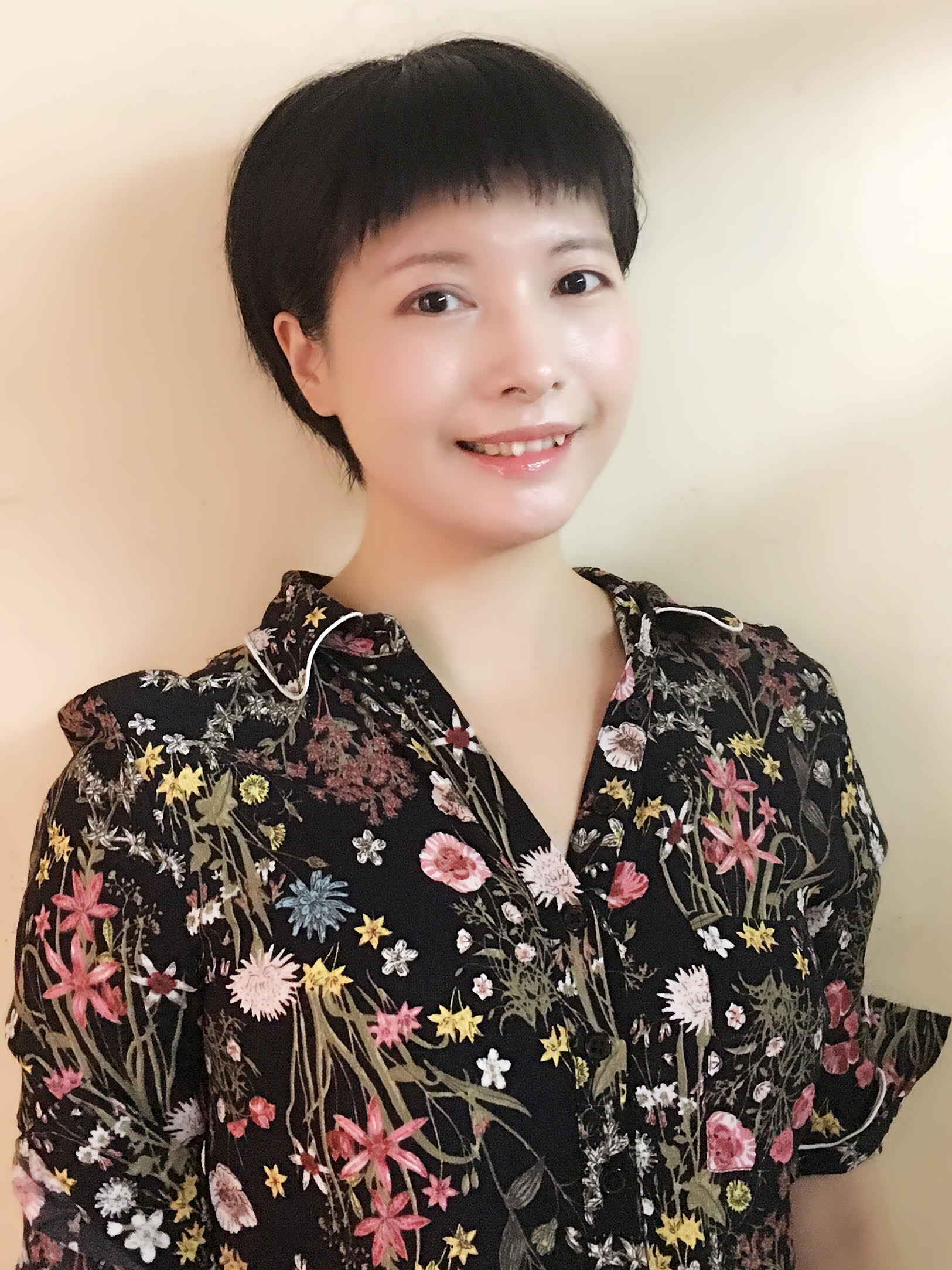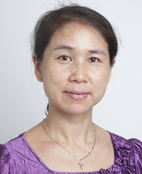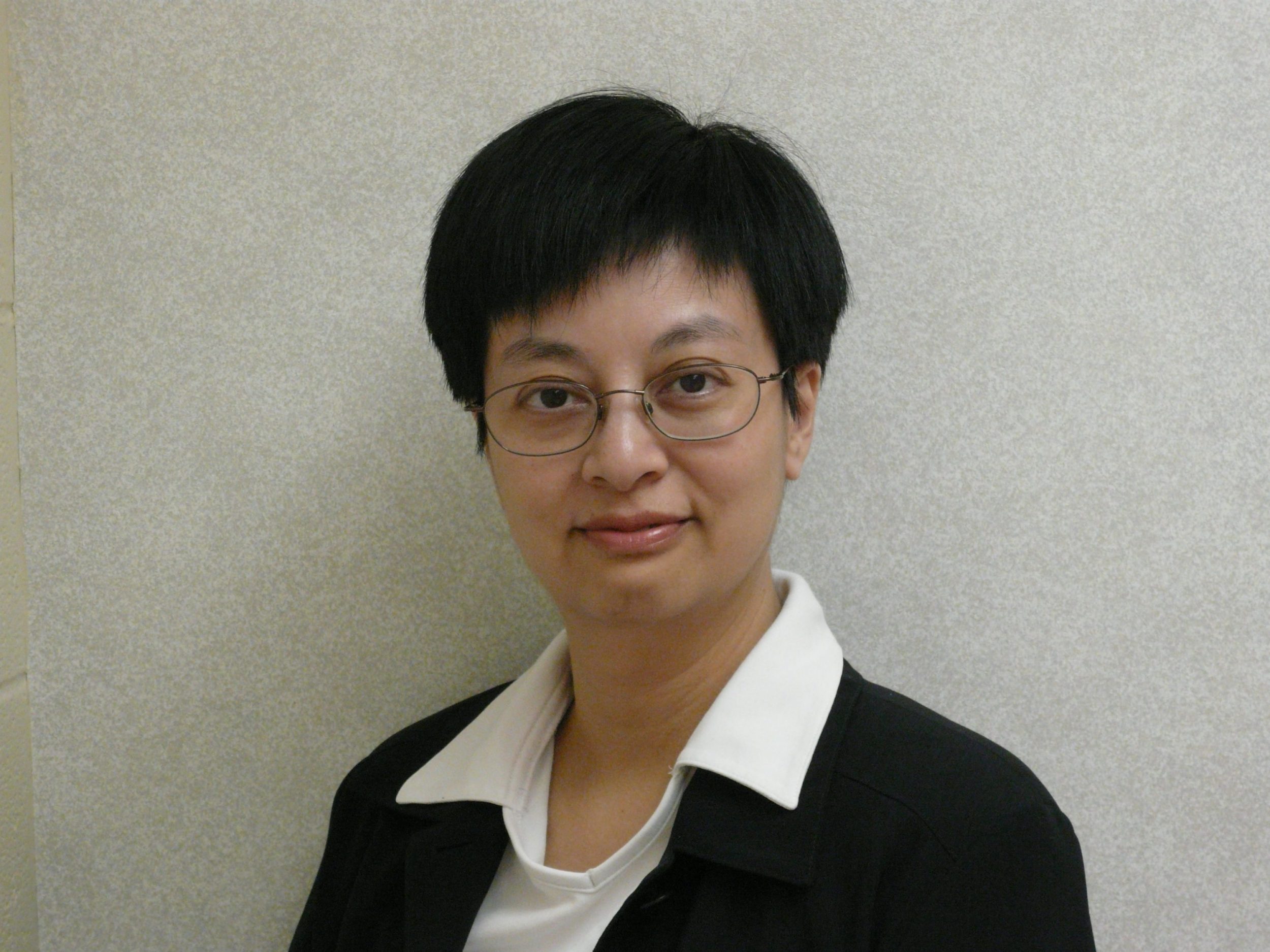|
Abstract: In English as the medium of instruction (EMI) schools, students learn some or all non-language content subjects through their second/foreign language (L2). Their content knowledge is also assessed in their L2. Since most of these students are still acquiring the target L2, they face the demands and challenges in both cognitive and linguistic aspects. Yet, there has been limited research exploring (i) the interplay between cognitive and linguistic demands imposed on students by EMI assessments, and (ii) whether and how EMI teachers, who are usually subject specialists, help their students cope with those challenges. This study seeks to address these two important questions. In the first phase of the study, over 4,900 questions in Science/Biology textbooks, workbooks and public examination papers in Hong Kong secondary education were analysed to examine their cognitive and linguistic demands. Differences between formative and summative assessments, and between junior and senior secondary levels were also explored. The second phase of the study then investigated the instructional and assessment practices of two science teachers in Hong Kong EMI schools to examine to what extent they incorporated language instruction in their science lessons, which may have affected how well students were prepared to deal with EMI assessments. These findings together illuminate pedagogical practices in EMI classrooms, particularly when considering the alignment among teaching objectives, instruction and assessment.
|





